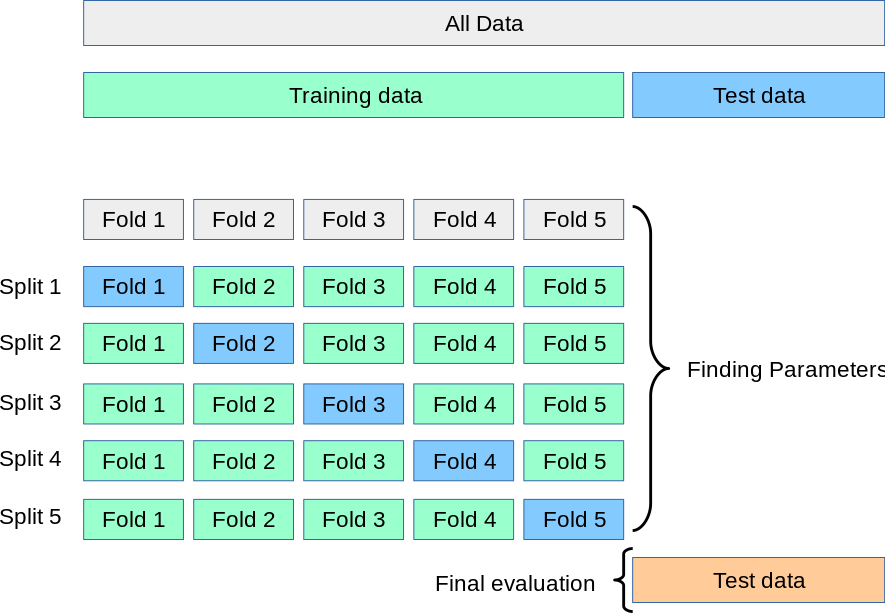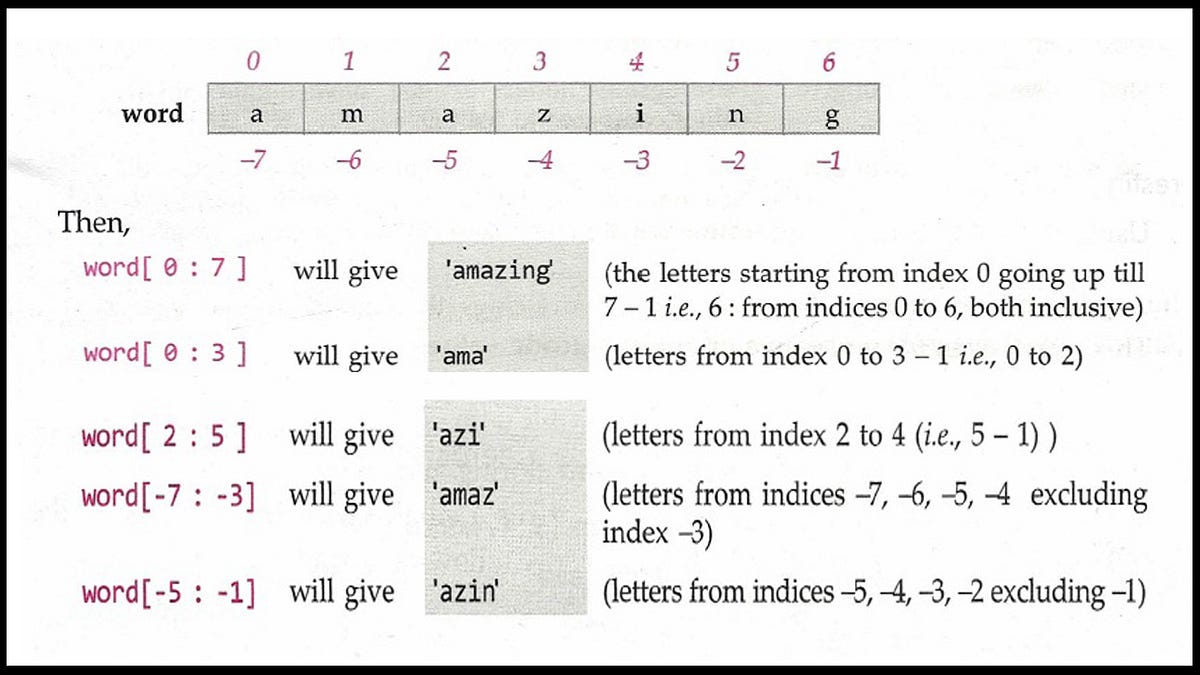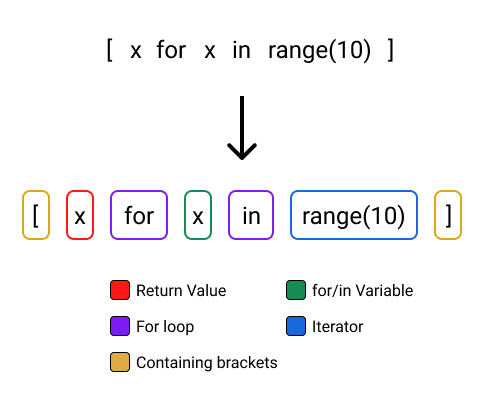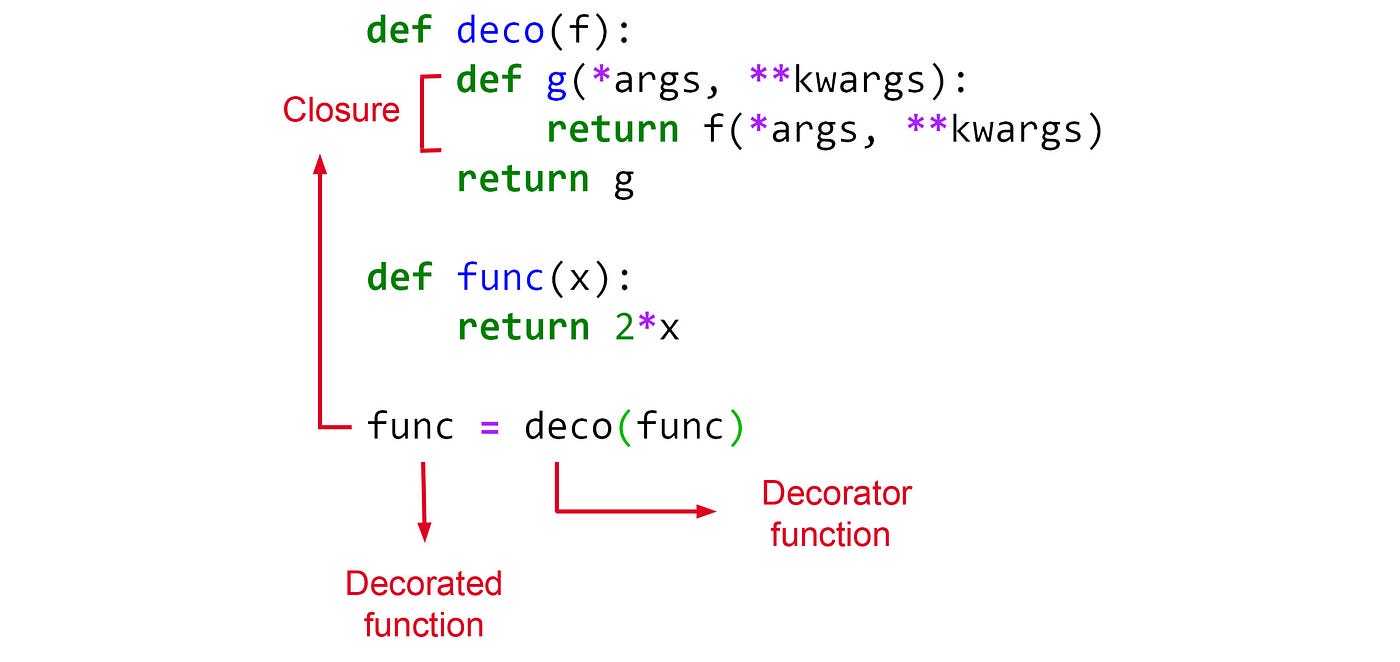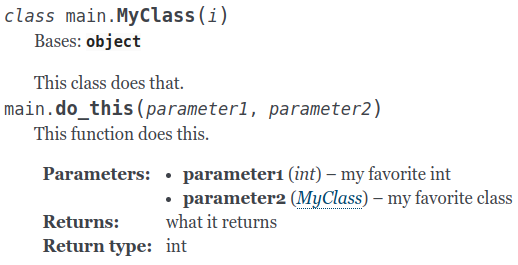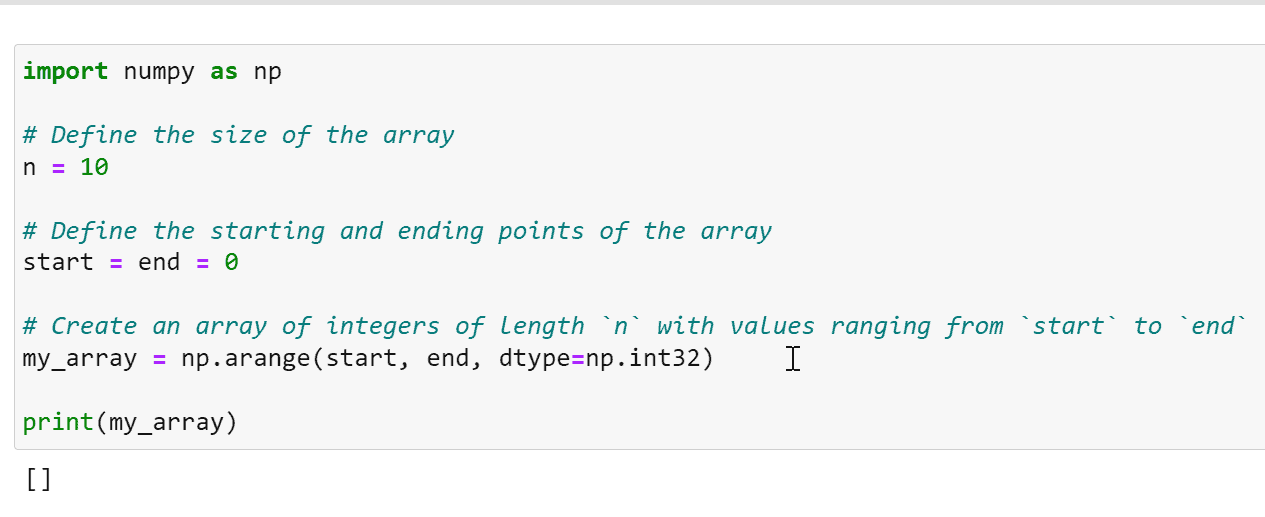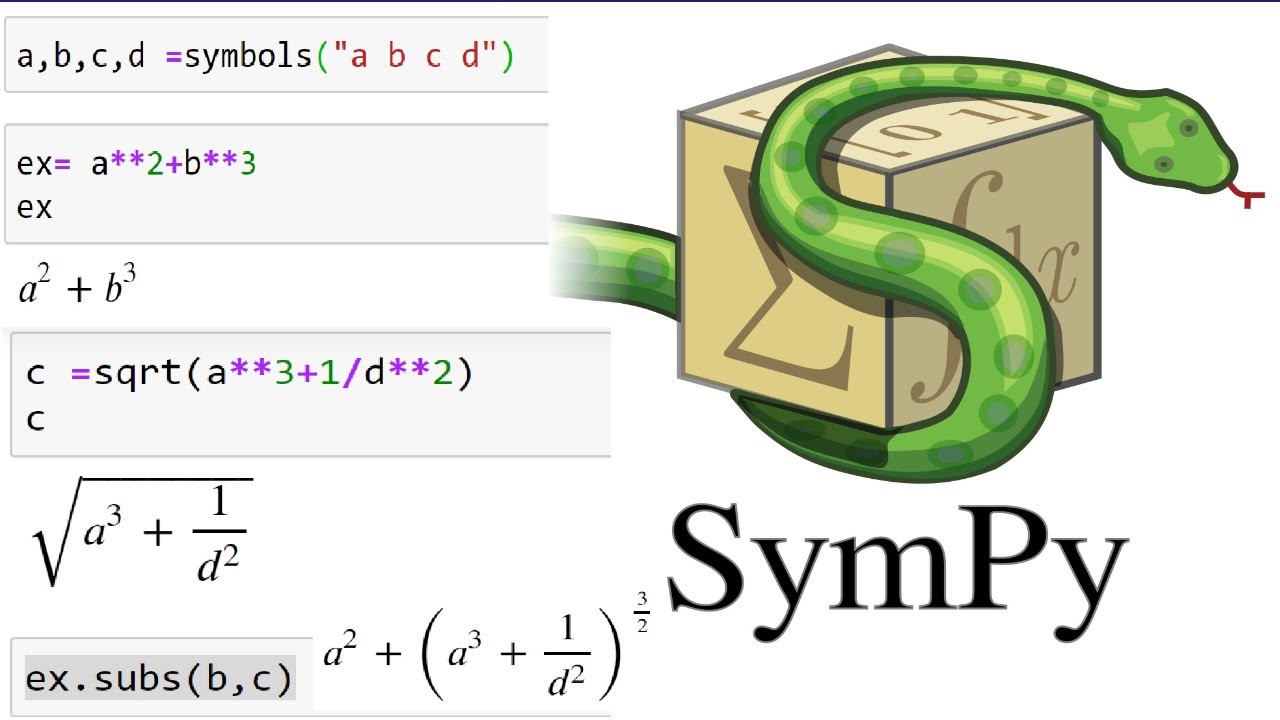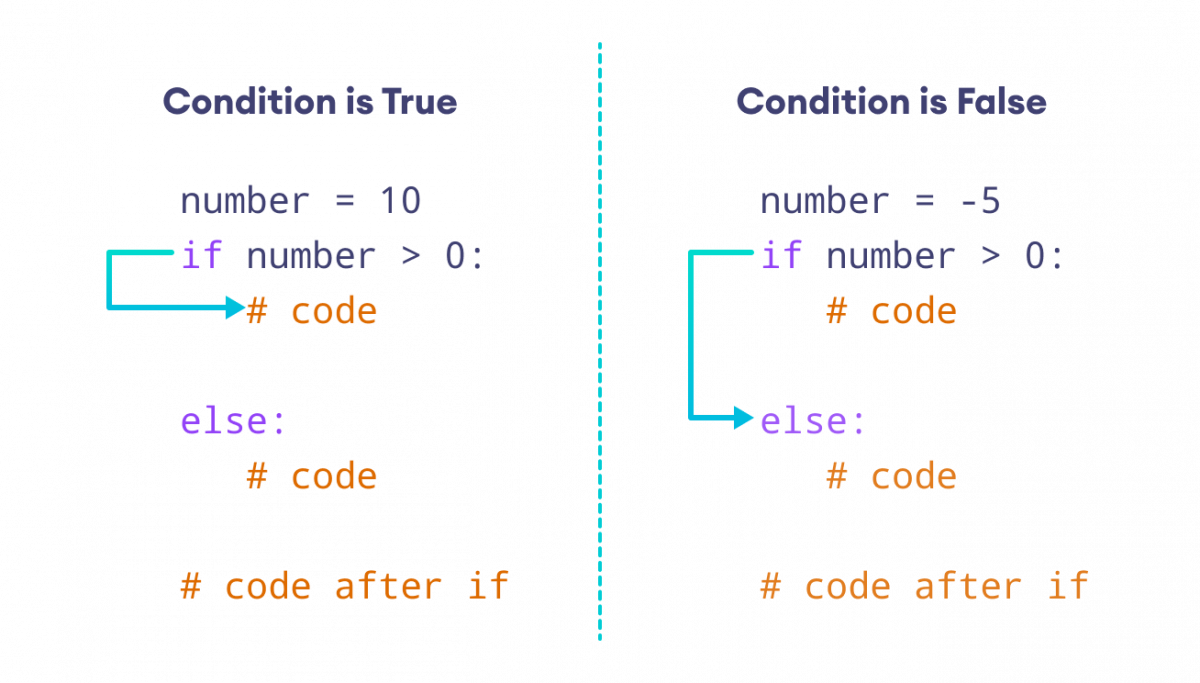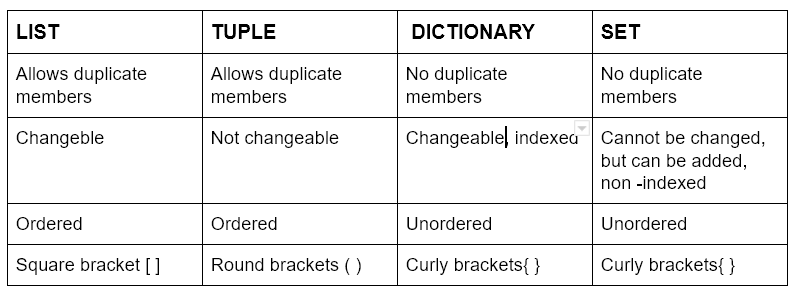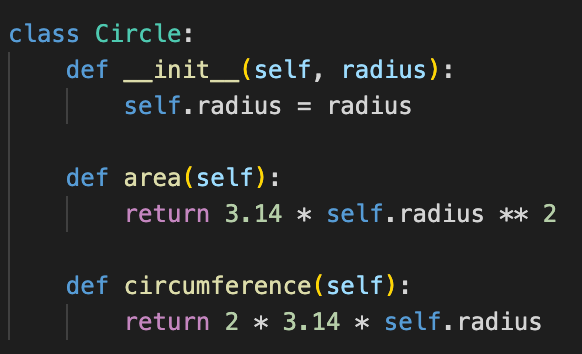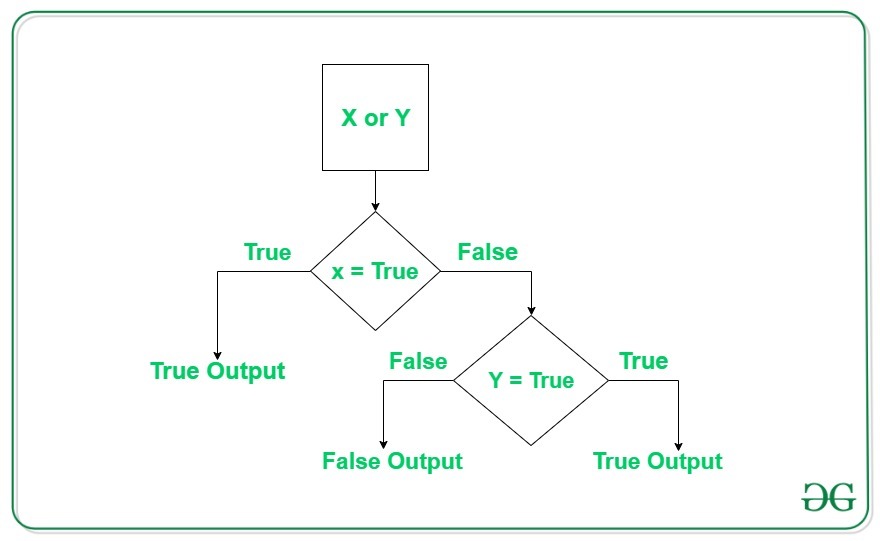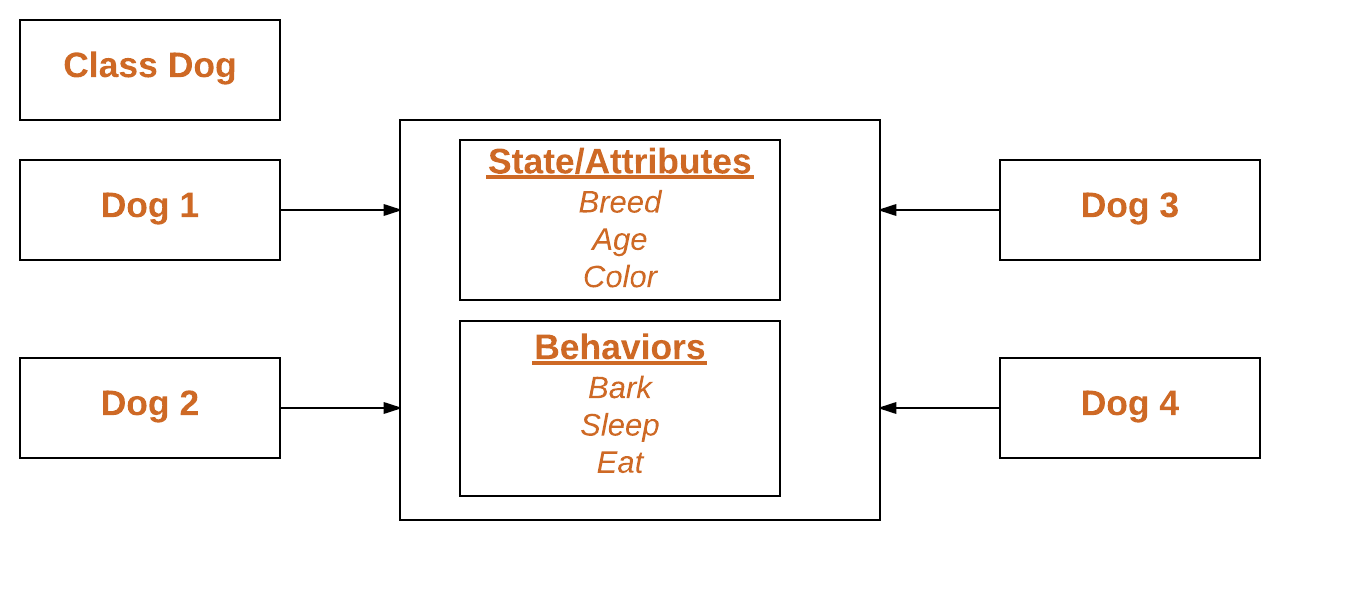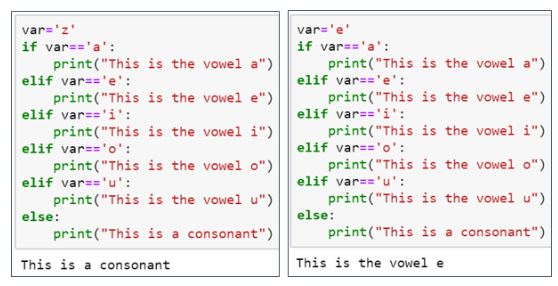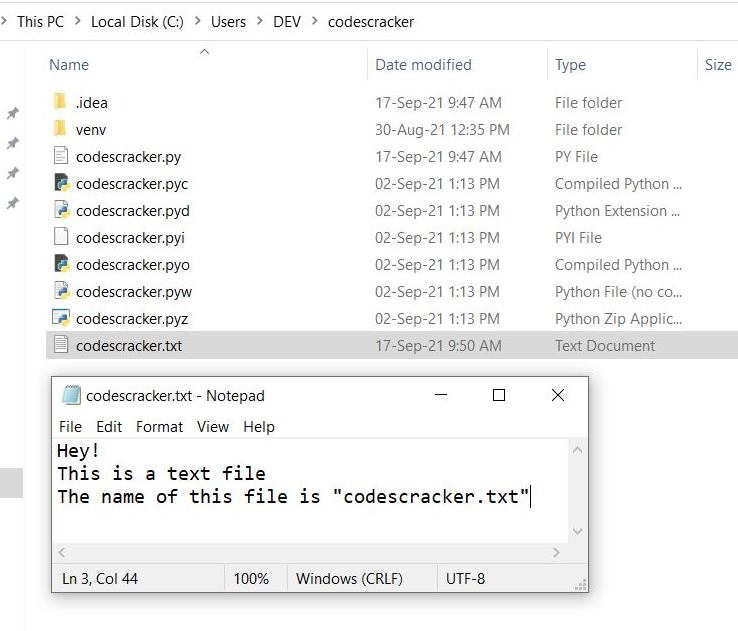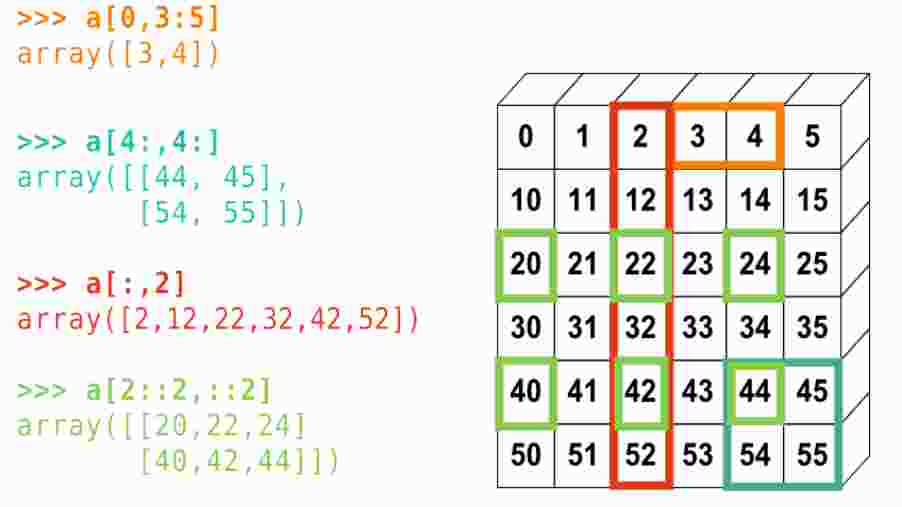What are methods and attributes in Python?
What are methods and attributes in Python?
I'd be happy to explain what are methods and attributes in Python!
Attributes
In Python, an attribute is a way to access or set the value of an object's property. Attributes are essentially variables that belong to a class or object. When you create an instance of a class, each instance has its own copy of the attributes defined in the class.
There are two types of attributes:
Data Attributes: These are simple values associated with an object. For example, if you have a class calledCar with an attribute color, it means that every Car object will have a color value. Method Attributes: These are functions that belong to a class or object. When you call a method on an object, it executes the code defined in that method.
Methods
In Python, methods are essentially functions that belong to a class or object. Methods are used to perform some operation on an object or collection of objects. They can take arguments and return values like any other function.
Here are some key characteristics of methods:
Instance Methods: These methods are associated with an instance of a class, not the class itself. To call an instance method, you need to create an instance of the class and then call the method on that instance. Class Methods: These methods are associated with a class itself, rather than instances of the class. To call a class method, you can call it directly on the class without creating an instance first. Static Methods: These methods do not belong to any particular instance or class. They can be called directly on the class or using the@staticmethod decorator.
How Attributes and Methods are Used
Here's an example of how attributes and methods are used in Python:
class Car:def init(self, color, mileage):
self.color = color
self.mileage = mileage
def honk(self):
print("HONK!")
my_car = Car("red", 5000)
print(my_car.color) # prints "red"
my_car.honk() # prints "HONK!"
In this example, we have a Car class with two attributes: color and mileage. We also have an instance method called honk() that simply prints "HONK!" to the console.
When we create an instance of the Car class (my_car) and access its color attribute, it returns the value "red". When we call the honk() method on the same instance, it executes the code defined in that method and prints "HONK!" to the console.
I hope this explanation helps you understand what are methods and attributes in Python!
Can a Python function have attributes?
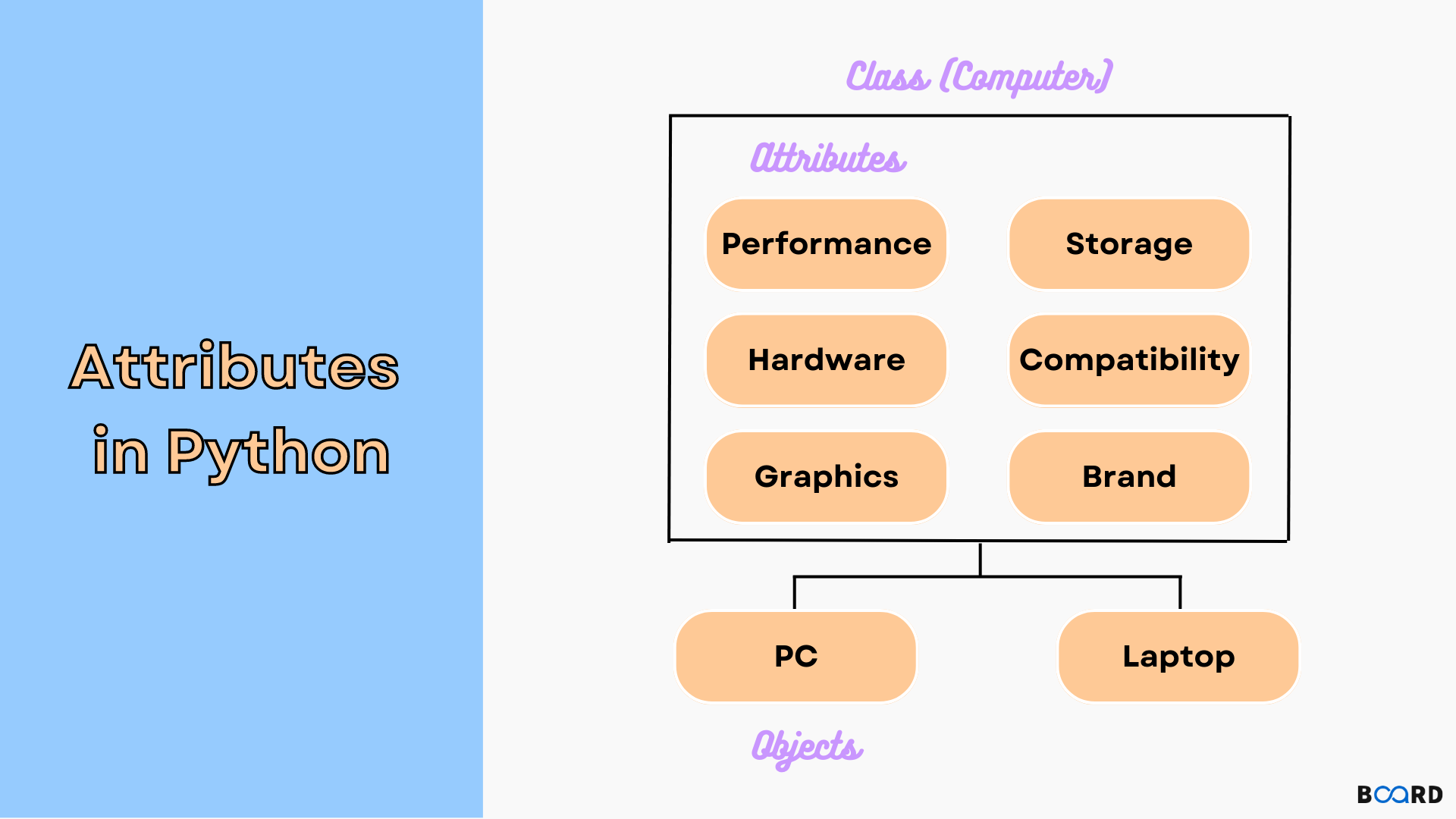
Yes, in Python, functions can indeed have attributes. In fact, every object in Python, including functions, has its own set of attributes or data members that are stored as key-value pairs in the __dict__ attribute.
When you define a function, it automatically gets an implicit __name__ attribute set to the name you gave the function. For example:
def my_function():pass
print(my_function.name) # Output: "my_function"
However, functions can have additional attributes defined explicitly using the =, +=, or other assignment operators. Here's an example:
def my_function():pass
my_function.some_attribute = "hello"
print(my_function.some_attribute) # Output: "hello"
In Python, these extra attributes are stored in the function's __dict__ attribute, which is a dictionary that contains all the key-value pairs associated with the function. You can access and modify these attributes as you would any other dictionary:
print(my_function.__dict__) # Output: {'some_attribute': 'hello'}my_function.another_attribute = "world"
print(my_function.dict) # Output: {'some_attribute': 'hello', 'another_attribute': 'world'}
When a function has attributes, you can use the getattr() and setattr() functions to access and modify them. For example:
def my_function():pass
value = getattr(my_function, "some_attribute")
print(value) # Output: "hello"
setattr(my_function, "new_attribute", "foo")
print(my_function.dict) # Output: {'some_attribute': 'hello', 'another_attribute': 'world', 'new_attribute': 'foo'}
While functions can have attributes, it's essential to note that these attributes are not the same as local variables declared inside the function. The __name__ attribute is an exception, as it's automatically set by Python.
Functions with attributes can be useful in various scenarios, such as:
Configuring behavior: You can store configuration settings or flags inside a function to control its behavior. Data storage: Functions can serve as containers for small amounts of data that need to be accessed or modified from within the function. Metadata management: You can use function attributes to store metadata, such as version numbers, author information, or copyright notices.In summary, Python functions do have attributes, which are stored in the __dict__ attribute. While they can be useful for configuration, data storage, and metadata management, it's crucial to understand that these attributes are distinct from local variables declared inside the function.
